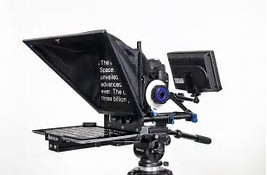Banks, schools and other government buildings closed today as the nation commemorated the birthday of Dr. Martin Luther King Jr.
The great man’s impact on our nation during his brief life of just 39 years on Earth is well-known and thoroughly chronicled. I won’t slog through his titanic legacy of his non-violent quest for civil rights for all of humanity.
The video I have attached to this blog post is of his greatest speech, which he delivered in August 1963 in front of the Lincoln Memorial in Washington, D.C.
Two astonishing aspects of that speech are worth noting today.
One is that Dr. King was 34 years of age when he electrified the nation with his remarks overlooking the Washington Mall.
Thirty-four!
The tenderness of the great man’s age is astonishing. I am trying to grasp how someone so young could keep his composure in front of such a gigantic gathering of listeners.
Now for the cool part of that speech.
The aspect of Dr. King’s remarks we all quote today was not prepared. He didn’t read them from a sheet of paper with text on it.
The “I Have a Dream” portion of the oratory was delivered extemporaneously. He ad-libbed it!
It’s been reported over the years that the late gospel singer Mahalia Jackson exhorted Dr. King from the podium by urging him to “tell them about the dream, Martin.”
So . . . he did.
The rest, as they say, is history — and what a history he wrote!
